The last few decades have witnessed a shift towards a more balanced view in political theory and social science, one that acknowledges the cultural dimension of politics and the political dimension of culture. The essays in this volume reflect this shift by bringing together a number of interrelated themes of the multicultural perspective, such as the need for a stable identity; the link between identity, recognition and cultural community; the importance of belonging and cultural particularity. The essays challenge the desirability of a unicultural polity, but do not accept multiculturalism uncritically. Philosophers, historians, anthropologists, and political scientists from India, Canada, Europe and Africa wrestle with the dilemmas within multiculturalism and explore the resources within liberalism, republicanism and democratic theory to resolve them. Significant questions are raised and discussed: what does it mean to recognize cultural communities? Does recognition entail subsidies from the state? Should every culture be publicly recognized? How can multiculturalism be prevented from being hierarchical and authoritarian? Can it be made liberal and democratic? Can the presence of different cultures within one political order be trouble free or will it always be conflict ridden This book will be of relevance to philosophers, political scientists, historians, sociologists, anthropologists and all those interested in the fascinating and complex issues raised by the presence of several cultures within a single political order.
Southern India in the Late Nineteenth Century: Volume I, Part I-A & Part I-B: 1860s-1870s, 2 Parts: Documents on Economic History of British Rule in India, 1858-1947
This volume is part of the ...
$226.80
$252.00

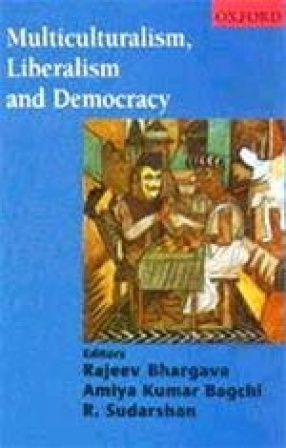
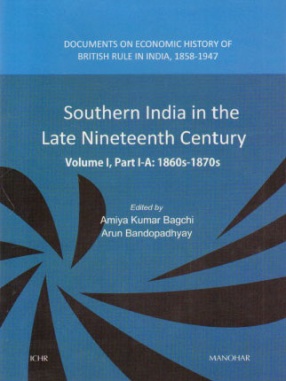
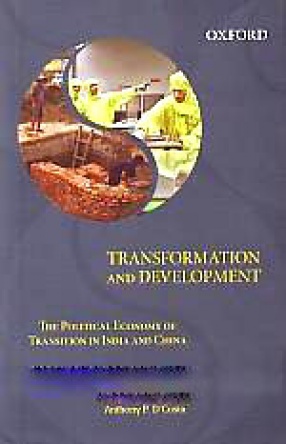
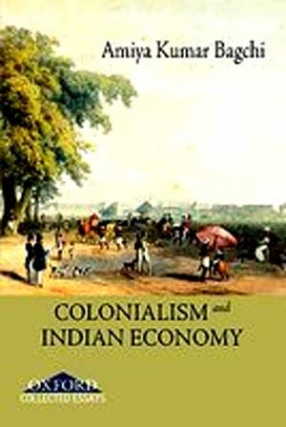
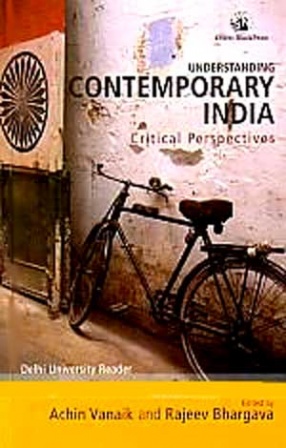
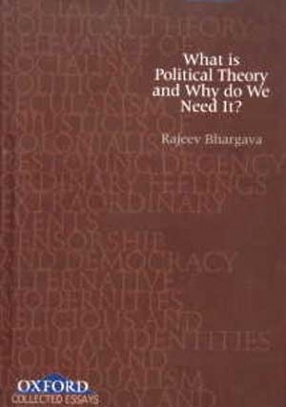
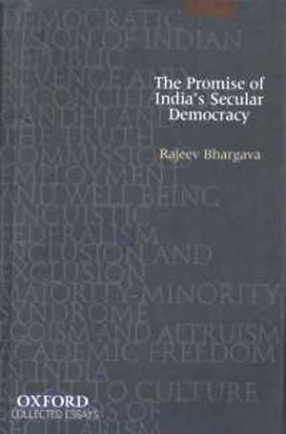
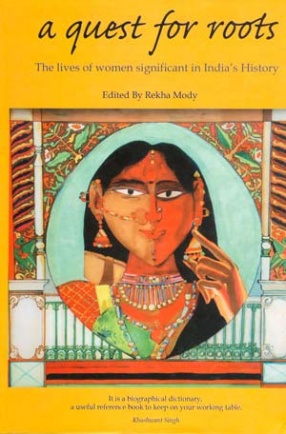
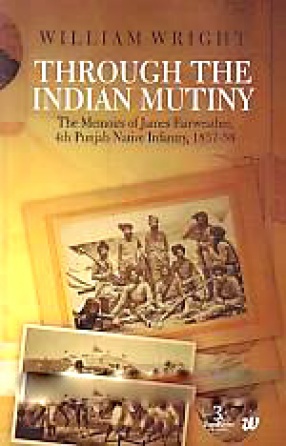
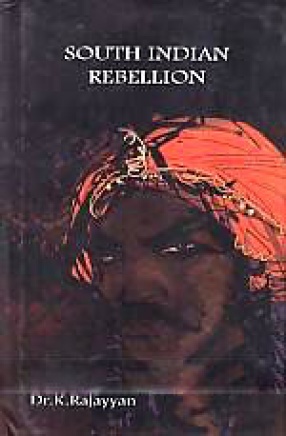
There are no reviews yet.